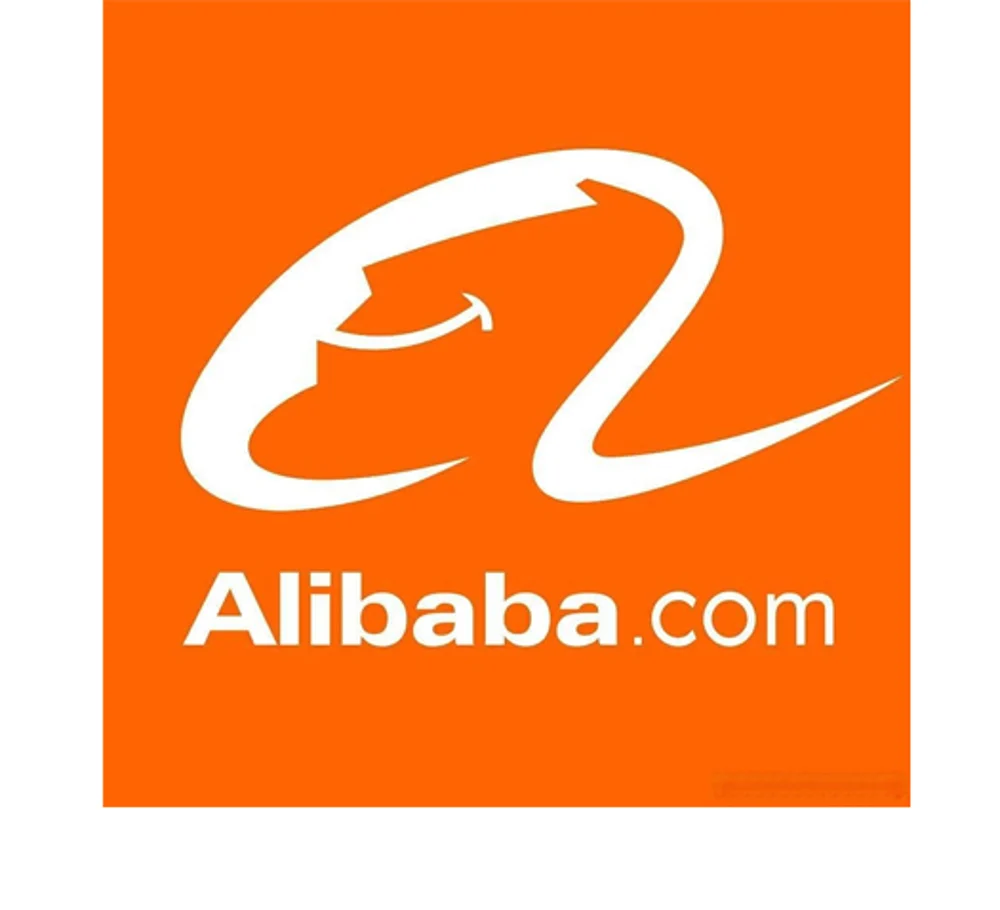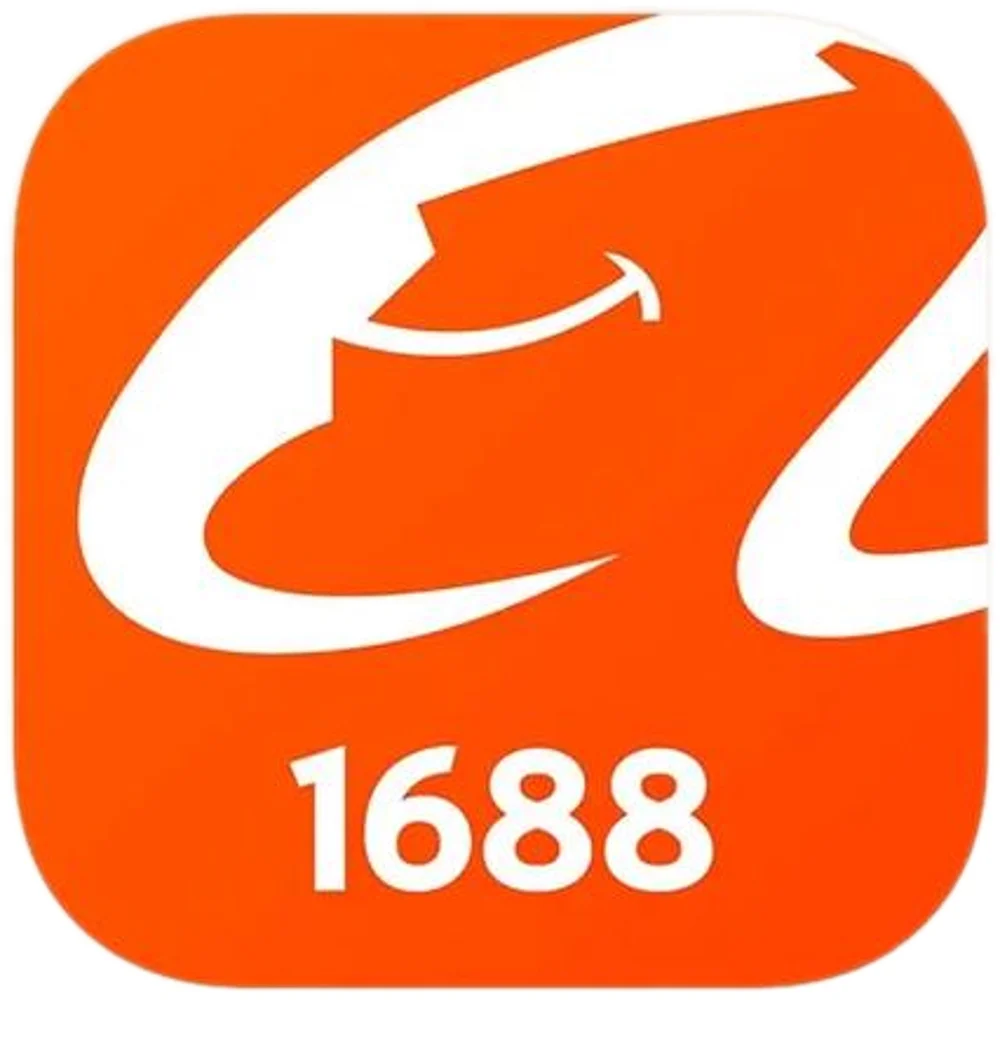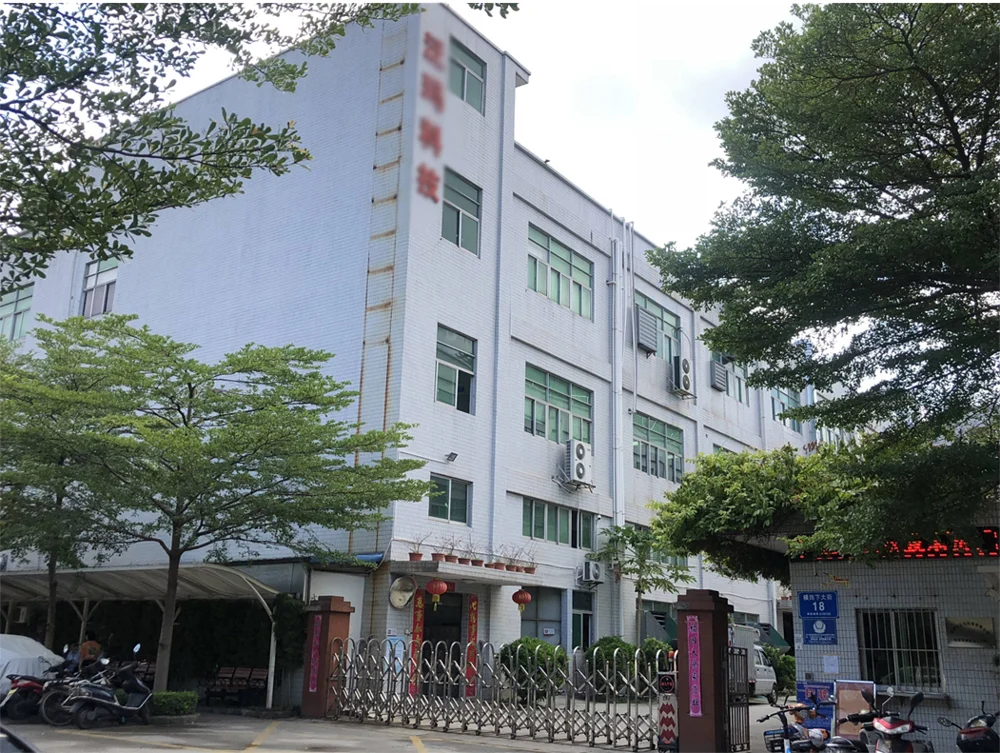For businesses around the world, China remains the most important sourcing hub for consumer goods, industrial materials, electronics, furniture, and countless other categories. However, with so many platforms and suppliers available, international buyers often ask the same question:
“Where should I buy products from China—and how do I know which channels are reliable?”
At Zcyt Logistics, we work with thousands of importers every year. Based on real industry experience, this article summarizes the main sourcing channels, their advantages, risks, and best-use scenarios, so buyers can make smarter, safer purchasing decisions.
– Alibaba.com — The Most Popular Global B2B Marketplace

Best for: SMEs, wholesalers, private label brands, Amazon sellers.
Alibaba remains the most recognized international platform for sourcing Chinese products.
Suppliers can be factories, trading companies, or e-commerce sellers.
Advantages
- Global-friendly platform with English support
- Trade Assurance protects payments
- Wide product categories and strong search functions
- Supports sampling and secure messaging
Risks
- Supplier quality varies
- Some companies pretend to be factories but are middlemen
Reliability: ★★★★☆
Check supplier years, certifications, audit reports, and order history.
-1688.com — The Cheapest but Most Difficult Platform for Foreign Buyers

1688 is the domestic version of Alibaba, used mainly by Chinese wholesalers and factories.
Advantages
- Lowest prices (often factory-level)
- Massive supplier base, especially for small commodities
Risks
- Chinese-only interface
- No international dispute support
- Small workshops and inconsistent quality
- Higher risk of receiving the wrong goods or lower-grade items
Reliability: ★★★☆☆
Works best when combined with a trusted Chinese agent or freight forwarder who can inspect goods before shipping.
-Direct Factory Sourcing — Ideal for Large Buyers

Best for: Importers with consistent large volumes, retailers, brand owners.
Ways to find factories:
- Google: “product + China manufacturer”
- Industry directories
- LinkedIn company pages
- Factory websites
- Referrals from logistics partners
Advantages
- Lowest long-term cost
- Stable quality control
- Fully customizable products
- Direct communication with production teams
Risks
- Factories usually require high MOQs
- Must handle sampling, contracts, and quality checks
Reliability: ★★★★★
Once a legitimate factory is verified, this is the most stable long-term cooperation method.
-Chinese Trading Companies — A “One-Stop” Solution
Best for: New buyers, mixed shipments, buyers who prefer easier communication.
Trading companies help bridge the gap between factories and overseas clients.
Advantages
- Better communication in English
- Can consolidate products from multiple factories
- Often provide QC, sourcing, and documentation services
- Help reduce MOQ challenges
Risks
- Slightly higher cost than buying directly from factories
Reliability: ★★★★☆
Well-established trading companies can greatly reduce sourcing risks.
-Industry Trade Shows — The Most Trustworthy Offline Method
Examples:
- Canton Fair (Guangzhou) – All categories
- CIFF (Furniture Fair)
- China Building Materials Fair
- Yiwu Expo
Advantages
- Meet suppliers face-to-face
- Inspect real samples instantly
- Identify genuine manufacturers
- Best for large and long-term buyers
Risks
- Requires travel to China
- Not all exhibitors are factories (some are traders)
Reliability: ★★★★★
-Sourcing Agents / Procurement Companies
Many international buyers choose a professional sourcing agent for:
- Supplier verification
- Negotiation & price comparison
- Quality inspection
- Consolidation & warehousing
- Production monitoring
- Shipping arrangement
This is especially common for buyers who:
- Don’t speak Chinese
- Don’t have time to follow production
- Want to avoid fraud or quality problems
Reliability: ★★★★☆ (Depends heavily on the agent’s professionalism)
A skilled agent can reduce up to 90% of sourcing risks for international buyers.
-Retail Platforms (Temu, Shein, Shopee, AliExpress)
These platforms provide ready-made consumer goods, suitable for:
Best for: Small retailers, very small trial orders, dropshippers.
Advantages
- Low minimum order
- Fast response
- Convenient for small-scale testing
Risks
- Limited customization
- Price is not always lowest
- Hard to scale into real wholesale
Reliability: ★★☆☆☆
Good for small testing, but not ideal for long-term wholesale.
How Buyers Can Judge Whether a Chinese Supplier Is Reliable
Here are the key checks we recommend to our clients at Zcyt Logistics:
✔ Verify the business license
✔ Check production videos & factory location
✔ Look for 5+ years of operation
✔ Request product certificates (CE, FCC, ISO, etc.)
✔ Ask whether third-party inspection is allowed
✔ Review packaging, labels, and specifications
✔ Compare multiple quotes — extremely low prices are red flags
Conclusion: Which Sourcing Channels Are the Most Reliable?
Based on real industry experience, here is the reliability ranking:
| Channel | Reliability |
| Industry Trade Shows | ⭐⭐⭐⭐⭐ |
| Verified Factories | ⭐⭐⭐⭐⭐ |
| Alibaba.com | ⭐⭐⭐⭐☆ |
| Professional Trading Companies | ⭐⭐⭐⭐☆ |
| Sourcing Agents | ⭐⭐⭐⭐☆ |
| 1688 (with agent) | ⭐⭐⭐☆☆ |
| Retail platforms | ⭐⭐☆☆☆ |
The “best” channel depends on your product type, MOQ, budget, and long-term plans.
If you are unsure where to start, Zcyt Logistics can help with:
- Supplier verification
- Pick-up across China
- Consolidation in Dongguan & Yiwu warehouses
- Export customs clearance
- Sea & air freight to the US, EU, UK, Mexico and more
